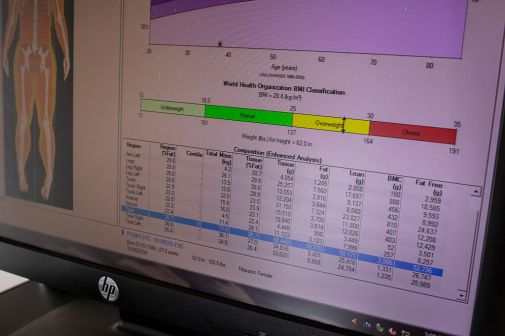DARPA working to return data privacy control to the people
ST. LOUIS — Personal data is everywhere — whether people like or not. Sometimes users allow smartphone apps to gather it, and other times, a third party is surreptitiously accessing it.
The Defense Advanced Research Projects Agency is working to give users better control of what data they release and how others can use it.
At DARPA’s “Wait, What?” conference Wednesday, the agency highlighted their Brandeis program that aims to break the inherent tension between the value of data and the need for privacy.
“Rather than compromise between these two, [this] research program aims to build a third option, enabling safe and predictable sharing of data while reliably preserving privacy,” DARPA computer scientist John Launchbury said.
Brandeis researchers are working to make data accessible without removing any privacy layers built into the data. They are focusing on two areas — a practice called “secure multi-party differential privacy,” where systems would perform tasks without the need to decrypt data and at the same time would block efforts to reconstruct data from any output result. The program is also leaning on machine learning, having a computer turn privacy preferences into actionable decisions about who may and may not have your data.
“Both of these thrusts demand heavy computer science, but if we are successful, we will be able to accelerate information sharing as we can become confident that our data will only be used for its intended purpose and no other,” Launchbury said.
He also gave examples about what this means for a range of sectors that could benefit from better data privacy.
“Confidence in data privacy will enable increased data sharing that can help us build smarter cities, where buildings and energy and traffic are all optimized minute-by-minute,” he said. “It could enable new cyber defenses where network devices and companies share their network data and cyber attack data. It could even open the door to personalized medicine by discovering correlations between your personal genetic information and the effectiveness of therapies.”
Seeing a world where personal data used in rampant hacks or socially engineered attacks, DARPA wants to avoid a world where a lack of control over data threatens democracy and innovation.
“At a society we are at a choice point. Either we act or we risk losing privacy forever,” Launchbury said. “It sounds counterintuitive, even impossible, but we think we can do it.”
UPDATE 9/10/15 10:06 p.m.: An earlier version of this story said the DARPA program was part of Brandeis University. The program is actually named Brandeis, after the former Supreme Court justice. We regret the error.






